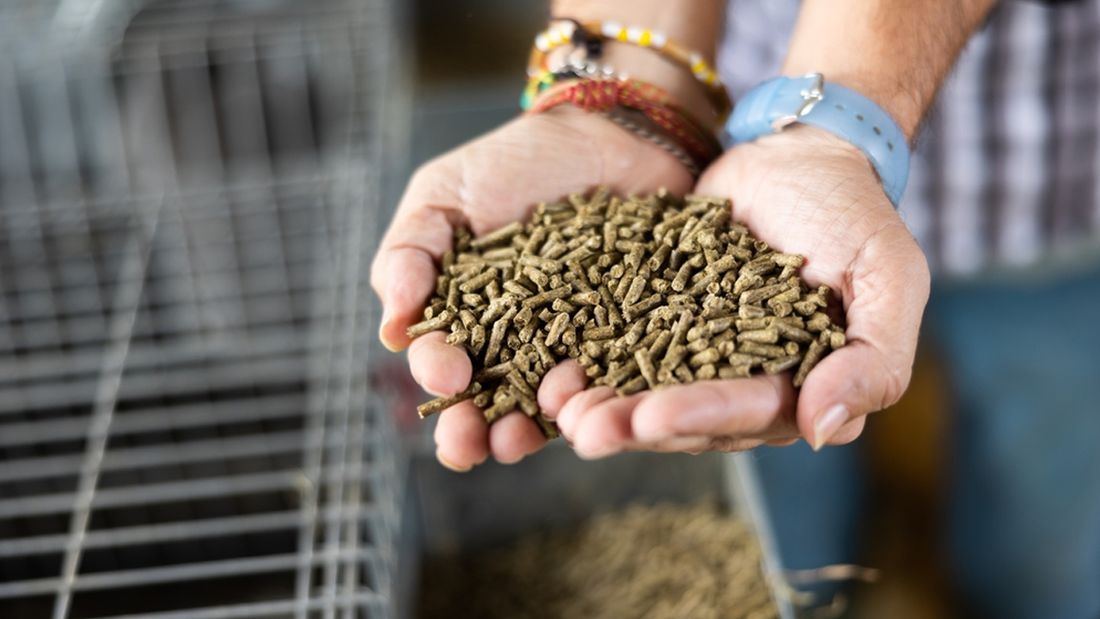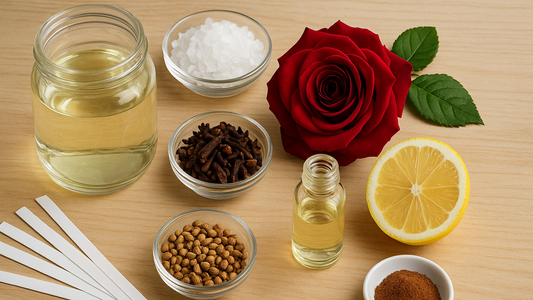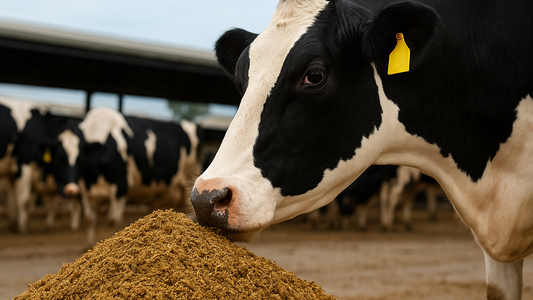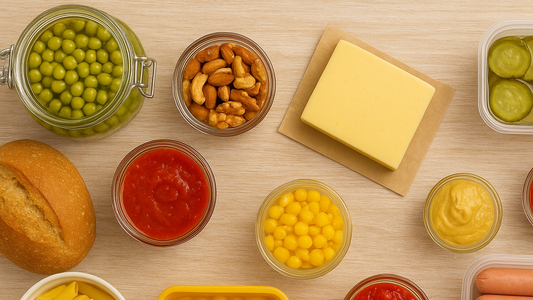Caraway seeds have been used medicinally since ancient Roman times. However, carvone (its important component) wasn’t popular during that time. Scientists later discovered it and incorporated it into various products. During Franz Varrentrapp's work in 1849, carvone was initially called "carvol." Later, Goldschmidt and Zurrer identified it as a ketone related to limonene. Finally, a German chemist, Georg Wagner, clarified its structure by 1894.
Today, D-carvone is popular for its flavor and scent of caraway. It also gives an aroma of dill and spearmint. Manufacturers widely use it in food production for animal feed and human consumption. The source of D-carvone (whether it's derived from dill seed oil or dill weed oil) decides its odor profile compared to the original caraway.
Chemical properties of d-carvone
Carvone is a p-menthane monoterpenoid. It consists of cyclohexane-2-enone with methyl and isopropenyl substituents (at positions 2 and 5). It can also act as an allergen since it is a member of carvones.
D-carvone in animal feed
Most industries use D-carvone in animal feed flavors to enhance palatability. However, it works best for cattle and swine. Since it has a minty aroma, D-carvone can make feed more appealing. They can mask the less desirable flavors of certain nutrients or additives. Its natural origin and characteristic scent profile (similar to caraway or spearmint) provide a safe means to improve feed intake. Ultimately, it can improve animal health and growth rates.
How do industries use it in animal feed? They have identified that D-carvone is similar to natural plant oils. That is why it's suitable for flavoring in feed to align with animals’ natural preferences. In some cases, it can also facilitate digestion. How? It is extracted from essential oils and these oils have been shown to positively impact gut health in animals. Lastly, as consumer interest in natural additives grows, industries will favor compounds D-carvone in the future.
In conclusion, D-carvone plays a vital role in enhancing animal feed palatability and health benefits. SBBLG, as a large-scale manufacturer and supplier of D-carvone and other chemical agents, ensures quality and timelines to meet industry demands for natural flavoring solutions that is significant of animal feed industry.






